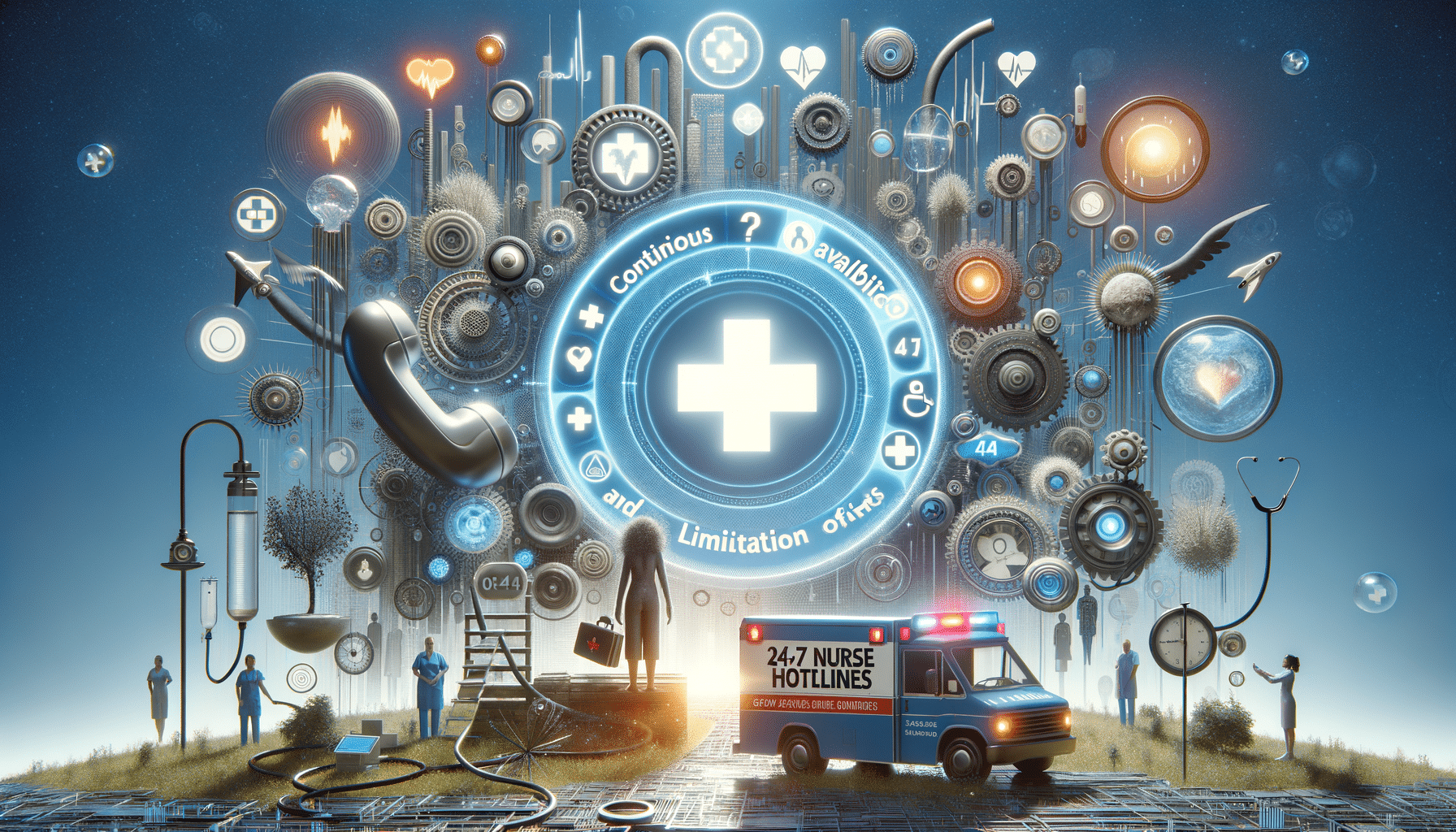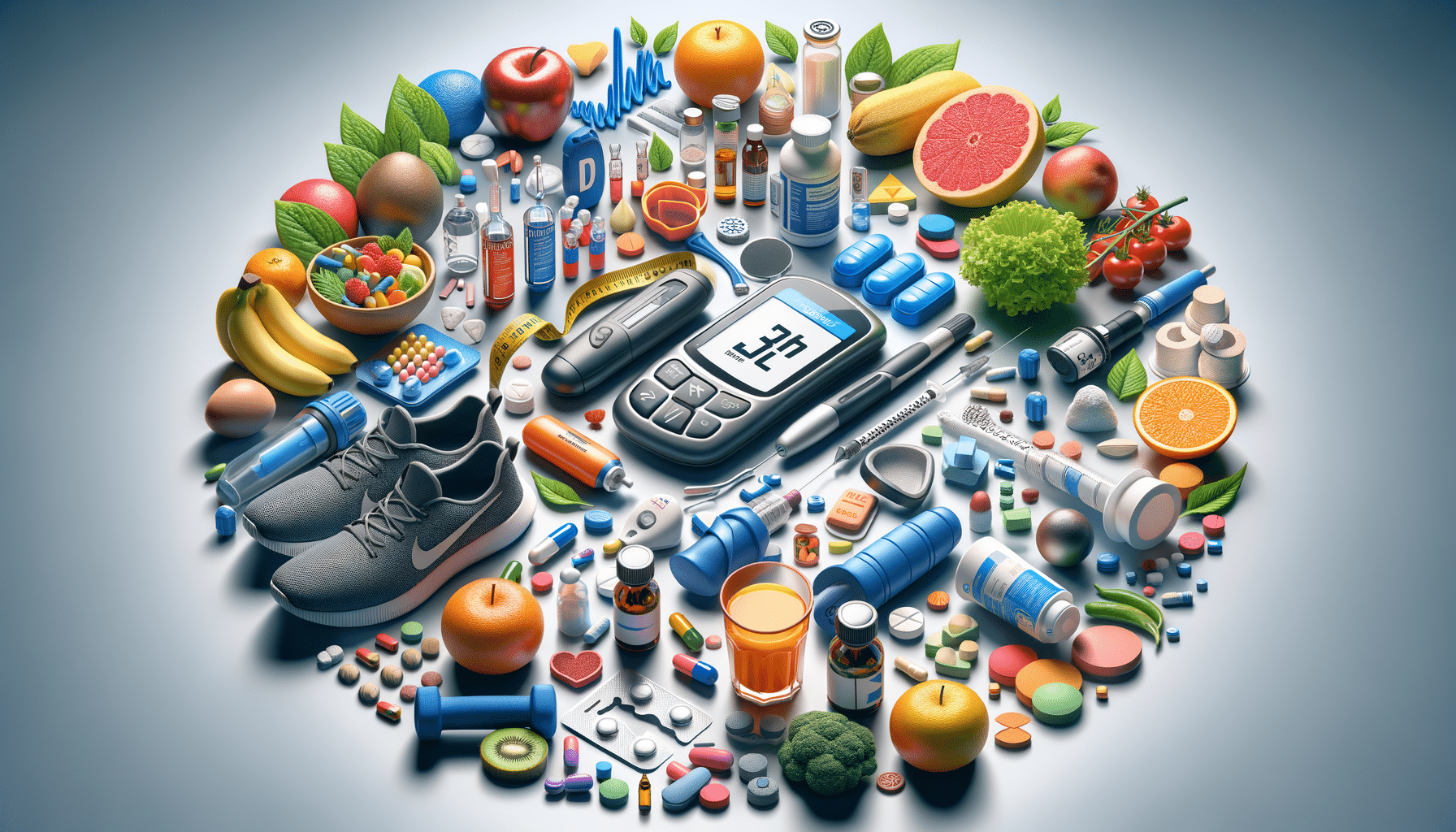
What 24/7 Nurse Hotlines Can — and Can’t — Help With
Introduction to 24/7 Nurse Hotlines
In today’s fast-paced world, access to healthcare information is crucial. With the rise of digital communication, 24/7 nurse hotlines have emerged as a vital resource for individuals seeking medical guidance outside regular clinic hours. These services provide a direct line to professional nurses who can offer advice on a wide range of health-related concerns. Whether it’s a late-night worry about a child’s fever or a question about medication side effects, these hotlines offer an invaluable service. This article delves into how these hotlines operate, the type of assistance they provide, and their growing importance in modern healthcare.
How 24/7 Nurse Hotlines Operate
24/7 nurse hotlines function as a bridge between patients and healthcare providers, offering immediate access to medical advice over the phone. Typically staffed by registered nurses, these hotlines are designed to handle a variety of inquiries. The process usually involves a triage system where the nurse assesses the caller’s symptoms and provides guidance based on established protocols. This can include advice on home care, information on whether to seek urgent care, or reassurance about non-emergency situations.
These hotlines are particularly useful for individuals who may not have easy access to healthcare facilities, live in rural areas, or require assistance during off-hours. The convenience of speaking with a healthcare professional without leaving home is a significant advantage, especially during late-night hours when other options are limited.
Moreover, many health insurance providers offer these hotlines as part of their service, ensuring that policyholders have access to medical advice whenever needed. This accessibility helps reduce unnecessary emergency room visits, ultimately saving both time and healthcare costs.
Types of Assistance Provided
24/7 nurse hotlines are equipped to handle a wide range of medical inquiries. Some of the common types of assistance they provide include:
- General health inquiries: Nurses can answer questions about symptoms, provide information on common illnesses, and offer advice on managing minor health issues at home.
- Medication guidance: Callers can inquire about medication dosages, potential side effects, and interactions with other drugs.
- First aid advice: In cases of minor injuries, nurses can guide individuals on how to administer first aid effectively.
- Urgency assessment: Nurses help determine whether a situation requires an immediate visit to the emergency room or if it can wait for a scheduled doctor’s appointment.
While these hotlines are an excellent resource for non-emergency situations, it’s important to note that they are not a replacement for professional medical treatment. In cases of severe symptoms or life-threatening conditions, individuals are advised to seek emergency care immediately.
Benefits of Using 24/7 Nurse Hotlines
The benefits of using 24/7 nurse hotlines are numerous, making them an attractive option for many individuals. Some key advantages include:
- Accessibility: With a simple phone call, individuals can access professional medical advice at any time of the day or night.
- Cost-effectiveness: By providing guidance on when to seek urgent care, these hotlines can help reduce unnecessary medical expenses.
- Peace of mind: Having immediate access to healthcare professionals can alleviate anxiety and provide reassurance to individuals concerned about their health.
- Convenience: For those with mobility issues or living in remote areas, nurse hotlines offer a convenient way to receive medical advice without traveling.
These benefits underscore the growing reliance on nurse hotlines as a critical component of modern healthcare, offering a practical solution for managing health concerns efficiently.
Limitations and Considerations
While 24/7 nurse hotlines offer numerous advantages, there are limitations to consider. These services are designed for non-emergency situations and may not be equipped to handle severe or life-threatening conditions. In such cases, immediate medical attention is necessary, and individuals should contact emergency services or visit the nearest hospital.
Additionally, while nurses can provide general advice and guidance, they cannot diagnose conditions or prescribe medications over the phone. Their role is to offer support and information, helping callers make informed decisions about their health.
It’s also important to recognize that nurse hotlines may vary in the quality and scope of services offered, depending on the provider. Therefore, individuals should ensure they are using a reputable service affiliated with their healthcare provider or insurance company.
Overall, while 24/7 nurse hotlines are a valuable resource, they are most effective when used in conjunction with other healthcare services, providing a complementary layer of support and information.
Conclusion: The Growing Importance of 24/7 Nurse Hotlines
In conclusion, 24/7 nurse hotlines have become an essential part of the healthcare landscape, offering timely and accessible medical advice to individuals around the clock. Their ability to provide immediate support for non-emergency situations makes them a valuable resource in today’s fast-paced world. By understanding their capabilities and limitations, individuals can effectively utilize these services to manage their health concerns and make informed decisions about when to seek further medical attention. As healthcare continues to evolve, these hotlines will likely play an increasingly important role in ensuring that individuals have access to the information and support they need, whenever they need it.


